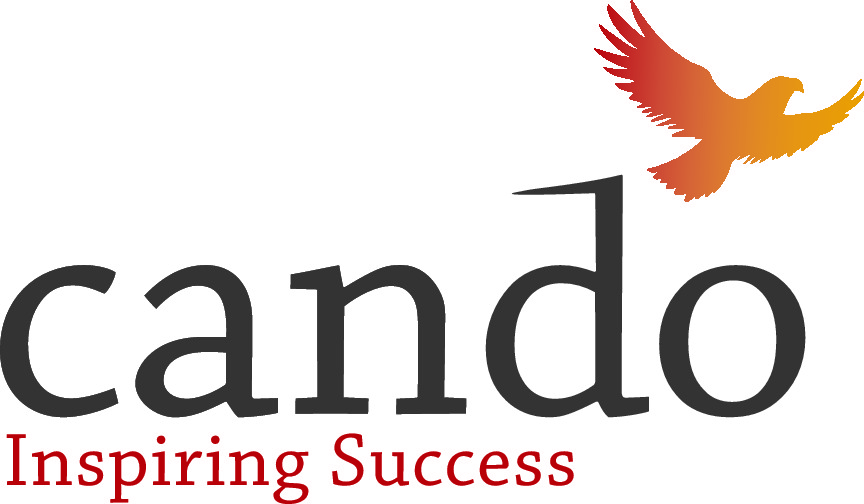Reconciling the North: Transit Pipelines and the Pursuit of Self-Sufficient Self-Government in the Yukon
DOI:
https://doi.org/10.54056/MTTA4053Keywords:
21st century, Agreements, Business And Economics, Developing countries--LDCs, Development programs, Energy industry, Ethnic Interests, Government, Incentives, Indigenous peoples, Land, Nation states, Native North Americans, Pipelines, Private property, Self sufficiency, Sovereignty, Transnationalism, Indigenous, Indigenous self-governance, Indigenous economic leadership, Indigenous economic developmentAbstract
The research investigates how the responsibilities of Self-Governing Yukon First Nations (SGYFNs) regarding Settlement Land under the Umbrella Final Agreement, 1993, can be used to advance pipeline projects on Indigenous land title. In doing so, it challenges the contemporary notion of the Westphalian state system that has come to define the modern nation-state entity. Accordingly, the investigation employs contemporary border theory to examine how the responsibilities and obligations of SGYFNs, the Government of Yukon, and the Government of Canada can solve Aboriginal boundary issues to develop a sustainable Arctic economy in the 21st century, which is on the verge of unprecedented opportunity. As such, it takes transnational pipeline projects in developing countries as the basis of a trans-territorial model within the Canadian context, before concluding that it is equitable, lawful, and fair to provide incentives to reluctant Yukon First Nations to consent to pipeline development projects on Settlement Land.
Downloads
References
Aboriginal Affairs and Northern Development Canada (AANDC), Communications Branch. (n.d.) “Fact Sheet: Aboriginal Self-Government” (Last modified April 2, 2015), online: http://www.aadnc-aandc.gc.ca/eng/1100100016293/1100100016294 (Accessed: February 6, 2016).
Anderson, Robert Brent. (2009). Economic Development among the Aboriginal Peoples in Canada — The hope for the future. Concord: Captus University Press.
Assembly of First Nations (AFN). (2018, January). “Dismantling the Doctrine of Discovery”, online: http://www.afn.ca/wp-content/uploads/2018/02/18-01-22-Dismantling-the-Doctrine-of-Discovery-EN.pdf (Accessed: August 9, 2018).
Bakx, Kyle. (2016). “Kinder Morgan braces for Standing Rock-type protests”, CBC News (Last modified: November 5, 2016), online: http://www.cbc.ca/news/business/tmx-kindermorgan-bcoilpatch-pipeline-standing-rock-1.3836489.
Blitzer, C.R., et al. (1985, November). “Oil Exploration in the Developing Countries: Poor Geology or Poor Contracts?” A United Nations Sustainable Development Journal, 9(4): 293–302.
Brunet-Jailly, Emmanuel. (2007). Borderlands: Comparing Border Security in North America and Europe. Ottawa: University of Ottawa Press.
Burchill, Scott, et al. (2015). Theories of International Relations. Hampshire, UK: Palgrave Macmillan.
Dacks, Gurston. (2004). “Implementing First Nations Self-Government in Yukon: Lessons for Canada.” Canadian Journal of Political Science/Revue canadienne de science politique, 37(3): 671–694.
Diener, Alexander C., and Hagen, Joshua. (2012). Borders: A very short introduction. Oxford: Oxford University Press.
Flanagan, Tom. (2008). First nations? Second thoughts. Montreal: McGill-Queen’s University Press.
Government of Canada website. (n.d.). “Detailed information on Transfer Payments, as per the Public Accounts of Canada”, online: http://open.canada.ca/data/en/dataset/69bdc3eb-e919-4854-bc52-a435a3e19092 (Accessed: March 2017).
Hill, Fiona. (2004). “Pipelines in the Caspian: Catalyst or Cure-all?”, Georgetown Journal of International Affairs 5(2): 17–25. Retrieved from https://www.brookings.edu/wp-content/uploads/2016/06/20040301.pdf.
Indigenous and Northern Affairs Canada (INAC). (2008). Building The Future: Yukon First Nation Self-Government (Last modified: September 16, 2011), online: http://www.aadnc-aandc.gc.ca/eng/1316214942825/1316215019710.
Locke, John. 1632–1704. Two treatises of Government, in Jene M. Porter (Ed.), Classics in Political Philosophy. Toronto: Prentice-Hall Canada, 2000 [1989].
McCarthy, Shawn. (2015, February 17), “ ‘Anti-petroleum’ movement a growing security threat to Canada, RCMP say”, The Globe and Mail (Last modified: May 12, 2018), online: http://www.theglobeandmail.com/news/politics/anti-petroleum-movement-a-growing-securitythreat-to-canada-rcmp-say/article23019252/.
National Energy Board website. (n.d.). “Who we are” (Last modified: December 1, 2016), online: https://www.neb-one.gc.ca/bts/whwr/index-eng.html (Accessed: March 5, 2016).
Omonbude, Ekpen James. (2013). Cross-border Oil and Gas Pipelines and the Role of the Transit Country. London, England: Palgrave Macmillan UK.
Pablo, Carlito. (2014, April 7). “Wet’suwet’en people disagree about Pacific Trail Pipelines project”, The Georgia Straight, www.straight.com/news/621226wetsuweten-people-disagree-aboutpacific-trail-pipelines-project.
U.S. Geological Survey, Department of the Interior. (2008, July 22). “90 Billion Barrels of Oil and 1,670 Trillion Cubic Feet of Natural Gas Assessed in the Arctic”, online: https://www.usgs.gov/media/audio/90-billion-barrels-oil-and-1670-trillion-cubic-feet-natural-gasassessed-arctic.
Van Hinte, Tim, Gunton, Thomas I., and Day, J.C. (2007). “Evaluation of the assessment process for major projects: a case study of oil and gas pipelines in Canada”, Impact Assessment and Project Appraisal, 25(2): 123–137.
Yukon Government, Department of Energy, Mines, and Resources, Mineral Resources Branch. (2009). “Definitions of Land Designations and Mineral Rights in the Final Agreements”, Interpretative Bulletin 2009–03 Administration of Mineral Claims in the Traditional Territory of First Nations with Final Agreements (Umbrella Final Agreement), Yukon Government, 2009-03. Online: http://www.emr.gov.yk.ca/mining/pdf/ib_2009_03_settlement_lands.pdf.
Yukon Government, Executive Council Office. (2013). “Hunting on First Nations Land”, http://www.eco.gov.yk.ca/landclaims/hunting.html (Accessed February 1, 2016).
Yukon Indian People. (1977). Together Today for our Children Tomorrow. Brampton: Charters Publishing Company. Online: https://cyfn.ca/wp-content/uploads/2013/10/together_today_for_our_children_tomorrow.pdf.
Downloads
Published
Issue
Section
License
Copyright (c) 2018 Cando

This work is licensed under a Creative Commons Attribution-NonCommercial-NoDerivatives 4.0 International License.




